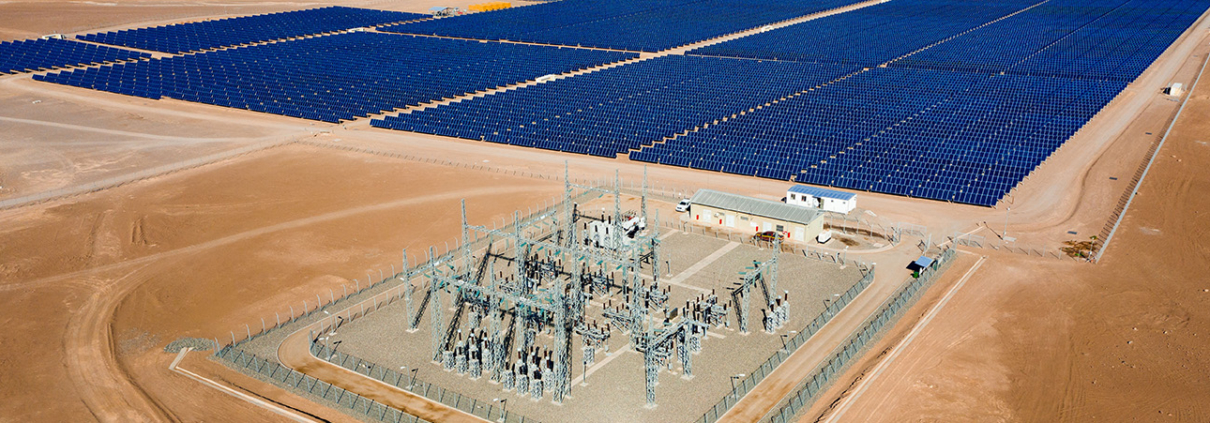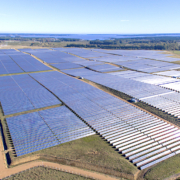The rise of corporate PPAS in Latin America
The uptake of bilateral renewable energy PPAs in Latin America has risen to record levels, but their adoption is still not fully mainstream. As pressure grows on corporations to find sustainable and economical energy solutions, we expect to see these innovative structures become a transformational feature of the region’s energy landscape – but finding the right partner to guide companies through what’s available will be key to allow for this trend to take hold.
In recent years, Latin America has witnessed a surge in corporate power purchase agreements (PPAs), whereby businesses purchase electricity directly from independent generators instead of from a utility. Last year, companies around the region bought a record 2GW of clean energy using these structures – three times the amount they bought in 2018.
As Latin America’s renewable energy and power storage market grows, more innovative structures are now becoming available to spread corporate PPAs to a larger number of players, with fewer take-or-pay contracts and a shift towards delivery-focused deals which aim to serve the load of the customer.
How do corporate PPAs work?
Being able to serve the load of the customer is key to the take-up of PPAs. Traditional utility companies in the region are still heavily regulated entities, whose business model doesn’t always have the mechanisms or the incentives needed to allow them to respond to customer requests for renewable energy.
While some companies globally have opted to produce their own renewable energy – for example data center firms – this is not always feasible, in large part because it takes them away from the core focus of their business, while the land required to build an on-site project to meet their facilities’ energy needs may not be available at their location.
This is where PPAs come in. In short, a PPA is a contract to buy power directly from an energy generator, rather than using the local Distribution Company tariffs, often for a fixed price. While each agreement is different and tailored to meet the needs of the company buying the power, the basic principles of each type of PPA remain the same.
Physical PPAs are the traditional form of the structure, where the energy purchaser enters into a long‐term contract for the energy generated from a renewable project, taking physical delivery of the energy produced.
In jurisdictions where direct retail sales of energy are not permitted, or where a physical PPA is not an optimal solution, a virtual PPA offers an alternative. This is a commercial contract only, under which the corporate buyer purchases electricity from a renewable power seller at a negotiated rate. The power generated by the seller is sold onto the local grid at the wholesale price, and the buyer and seller then settle the difference between the negotiated rate and the local wholesale price using a contract for difference agreement. While it sounds more exotic, it essentially completes the exact same goal.
Why are corporations embracing PPAs?
We expect to see the number of companies taking up renewable energy PPAs rising even further in the coming years, for a number of reasons.
First, a growing number of corporations are waking up to their responsibilities around climate change – which represents a disproportionate threat to Latin America. The region, home to some of the world’s most sensitive environmental assets, is galvanizing against the climate crisis, with the same youth-led green activism that made Greta Thunberg a household name becoming a regular feature in cities from Rio de Janeiro to Bogotá.
For many companies, using renewable energy is a way to connect with an environmentally conscious customer base, with a growing number of firms pledging to reduce emissions in line with the Paris Agreement.
But it’s not just sustainability factors that are driving the Latin America PPA trend in renewables. Unlike in the US and Europe, where it has been highly subsidized in order to encourage production, renewable energy in Latin America is now most frequently the most affordable power source for many locations and markets, without subsidy. Thanks to ongoing technological advances, this pricing trend looks set to continue, and more and more companies want to plug into renewables to take advantage of cheaper energy costs.
Lower costs are one thing, but with Argentina, Brazil, Chile, Colombia, and Peru issuing regulations that facilitate consumer access to bilateral PPAs and spot markets, corporations can also look to these agreements for overarching financial and economic advantages.
While every agreement is bespoke, generally speaking, the longer the term of the PPA, the better able the seller is to offer lower energy prices to the buyer. With terms of up to 25 years, these agreements offer an opportunity to lock in low prices for years to come, giving corporate buyers protection against future volatility in energy prices. This reduced exposure to market volatility offers the opportunity of increased visibility of costs from a working capital perspective – a key advantage at a time when the economic outlook remains uncertain.
Meanwhile, with several companies around the region now committing themselves to powering their operations with 100% renewable electricity in the near future, bilateral PPAs with a renewable energy producer offer a quick win for compliance with environmental goals. Signing a renewable energy PPA can help companies reduce carbon emissions in a transparent, traceable way, giving them the chance to make their brand greener and more sustainable.
Another innovative feature of these structures, and one which has emerged recently as a trend in Brazil, in particular, is the ability to reduce currency-related risks by denominating PPAs in, for example, US dollars. Several recently-signed PPAs between us at Atlas Renewable Energy and Brazilian corporations are prime examples of this. Atlas has agreed USD denominated PPAs for new project investments amounting to more than USD350 million to supply over 1,180 GWh per year in 15-year contracts to large industrial offtakers.
Who are PPAs for?
While technology companies have dominated clean energy procurement globally through PPAs due to their large energy needs – the top purchaser of clean energy via a PPA last year was Google, with 2.7GW, more than any other corporation – in Latin America, it is mining companies who have led the charge, particularly in Brazil and Chile.
However, as corporations of all sizes around the region now become alive to the opportunities of both significant reductions in CO2 emissions and the ability to boost competitiveness due to the rapidly falling cost of renewables, we are seeing interest from a wide range of sectors, from manufacturing to retail, processing, transportation, data centers, and oil & gas. The possibilities are almost endless – from beer brewers looking for green ways to power their facilities to chemical companies finding more economical ways of meeting the energy needs of their factories, bilateral renewable energy PPAs can provide the answer.
PPAs aren’t just limited to large multinationals, either. There’s a growing trend around the world of smaller corporations within the same industry clubbing together to aggregate their power demand and jointly negotiate PPAs, and we expect to see this take hold in Latin America as more and more companies decide they want in on the falling costs and predictable prices of wind and solar.
A growing trend
While the adoption of corporate PPAs in Latin America has lagged the world, we believe that this is mostly due to a lack of awareness about the benefits they offer. Here, Atlas Renewable Energy represents an ideal partner for large energy consumers looking to lower their cost and clean their carbon footprint.
At Atlas Renewable Energy, our team has a strong background and experience in structuring corporate PPAs, from concept to operation. Indeed, it was the same management team that signed the first solar PPA in Latin America back in 2012. We’ve seen wide-ranging regulatory reform across many of the markets in which we operate, which have smoothed the way for businesses to sign bilateral renewable energy contracts. Corporate PPAs are already a regular feature of markets from North America to Europe, the Middle East, and Africa, and as the word spreads into Latin America, corporate PPA activity in the region will go from strength to strength. The trend, both worldwide and regionally, points towards more solar and wind corporate PPAs in the coming years. No matter the industry or geography, a PPA can be found to suit each company’s specific needs. Finding the right partner to develop an agile, low-cost, and care-free solution will give companies a competitive advantage, enabling them to demonstrate real green credentials while managing costs and gaining energy security.
Sources
